Here you will learn about the leaders of the civil rights movement
Martin Luther King jr.
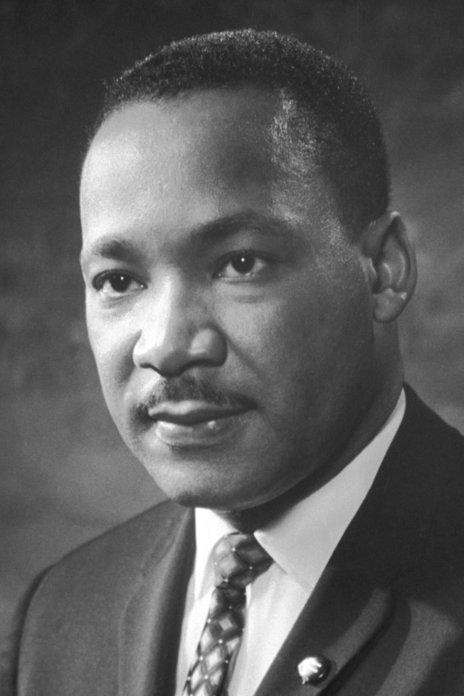
Born: January 15th, 1929
Died: April 4th, 1968
Martin Luther King, Jr., is known for his contributions to the American civil rights movement in the 1960s. His most famous work is his “I Have a Dream” (1963) speech, in which he spoke of his dream of a United States that is void of segregation and racism. King also advocated for nonviolent methods of protest. King was largely responsible for the passage of the Civil Rights Act of 1964 and the Voting Rights Act of 1965. The Civil Rights Act banned discrimination in the workforce and public accommodations based on race, color, religion, or national origin. Sadly, on Thursday, April 4, 1968, King was shot while standing on a balcony outside his second-floor room at the Lorraine Motel.
Bayard Rustin
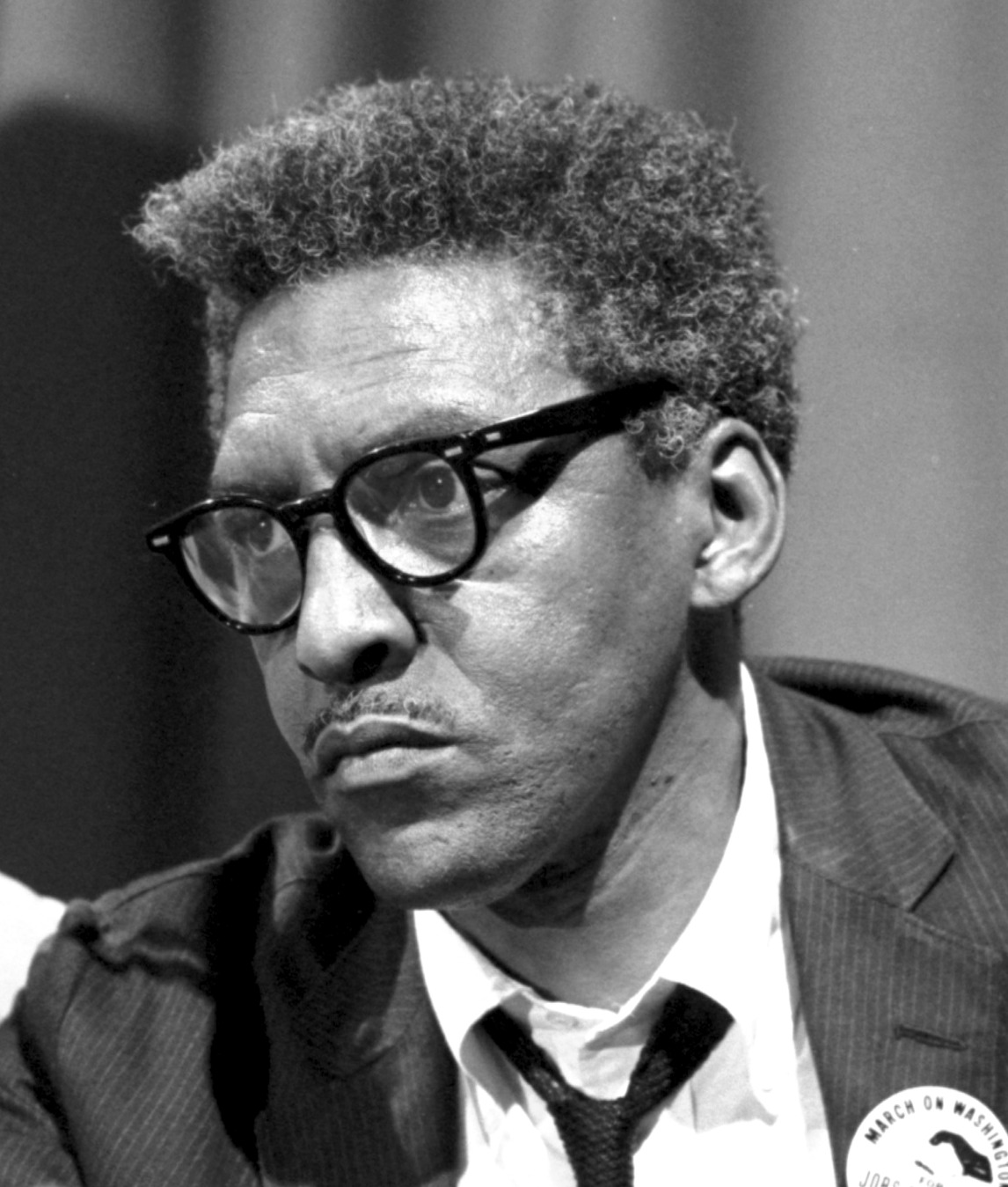
Born: March 17th, 1912
Died: August 24th,1987
Bayard Rustin was an American leader in social movements for civil rights, socialism, nonviolence, and gay rights. Rustin worked with A. Philip Randolph on the March on Washington Movement, in 1941, to press for an end to racial discrimination in employment. Rustin was an indispensable force behind the Civil Rights Movement and he was openly gay. Rustin traveled to Ghana, Nigeria and South Africa, advising leaders on their planned nonviolent civil disobedience campaigns for liberation and later helped organize the Campaign for Nuclear Disarmament's first annual protest march in England.
Rosa Parks
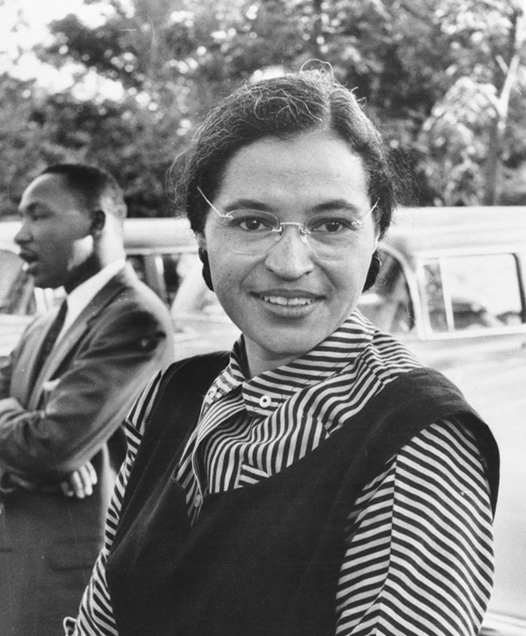
Born: February 4, 1913
Died: October 24, 2005
Rosa Louise McCauley Parks was an American activist in the civil rights movement best known for her pivotal role in the Montgomery bus boycott. The United States Congress has called her "the first lady of civil rights" and "the mother of the freedom movement" On Thursday, December 1, 1955, the 42-year-old Rosa Parks was commuting home from a long day of work at the Montgomery Fair department store by bus. Black residents of Montgomery often avoided municipal buses if possible because they found the Negroes-in-back policy so demeaning. Nonetheless, 70 percent or more riders on a typical day were Black, and on this day Rosa Parks was one of them.
A. Philip Randolph
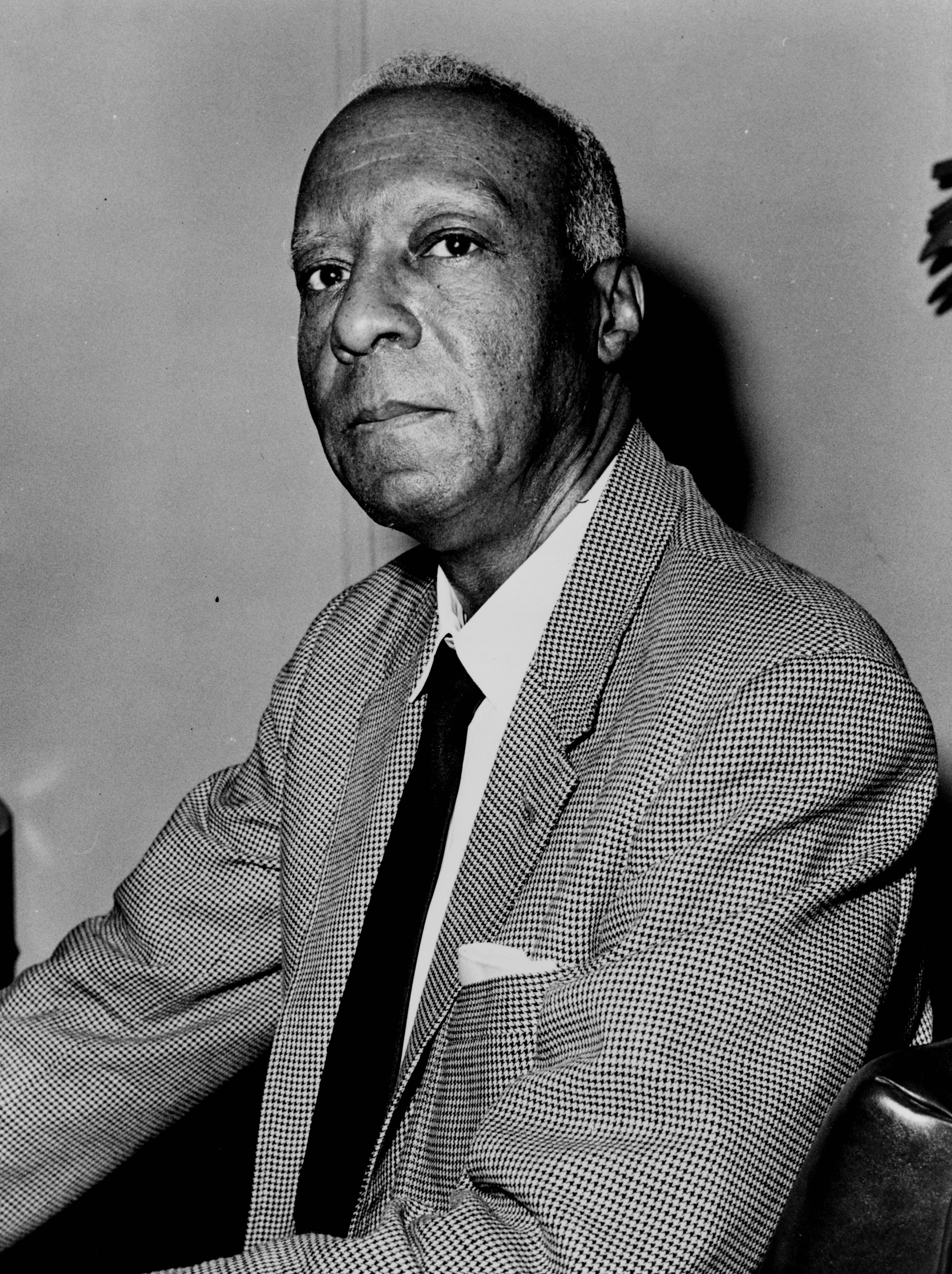
Born: April 15, 1889
Died: May 16, 1979
Asa Philip Randolph was an American labor unionist, civil rights activist, and socialist politician. In 1925, he organized and led the Brotherhood of Sleeping Car Porters, the first predominantly African-American labor union. He directed the March on Washington movement to end employment discrimination in the defense industry and a national civil disobedience campaign to ban segregation in the armed forces. ... The nonviolent protest and mass action effort inspired the civil rights movement of the 1950s and 1960s.
Malcom X
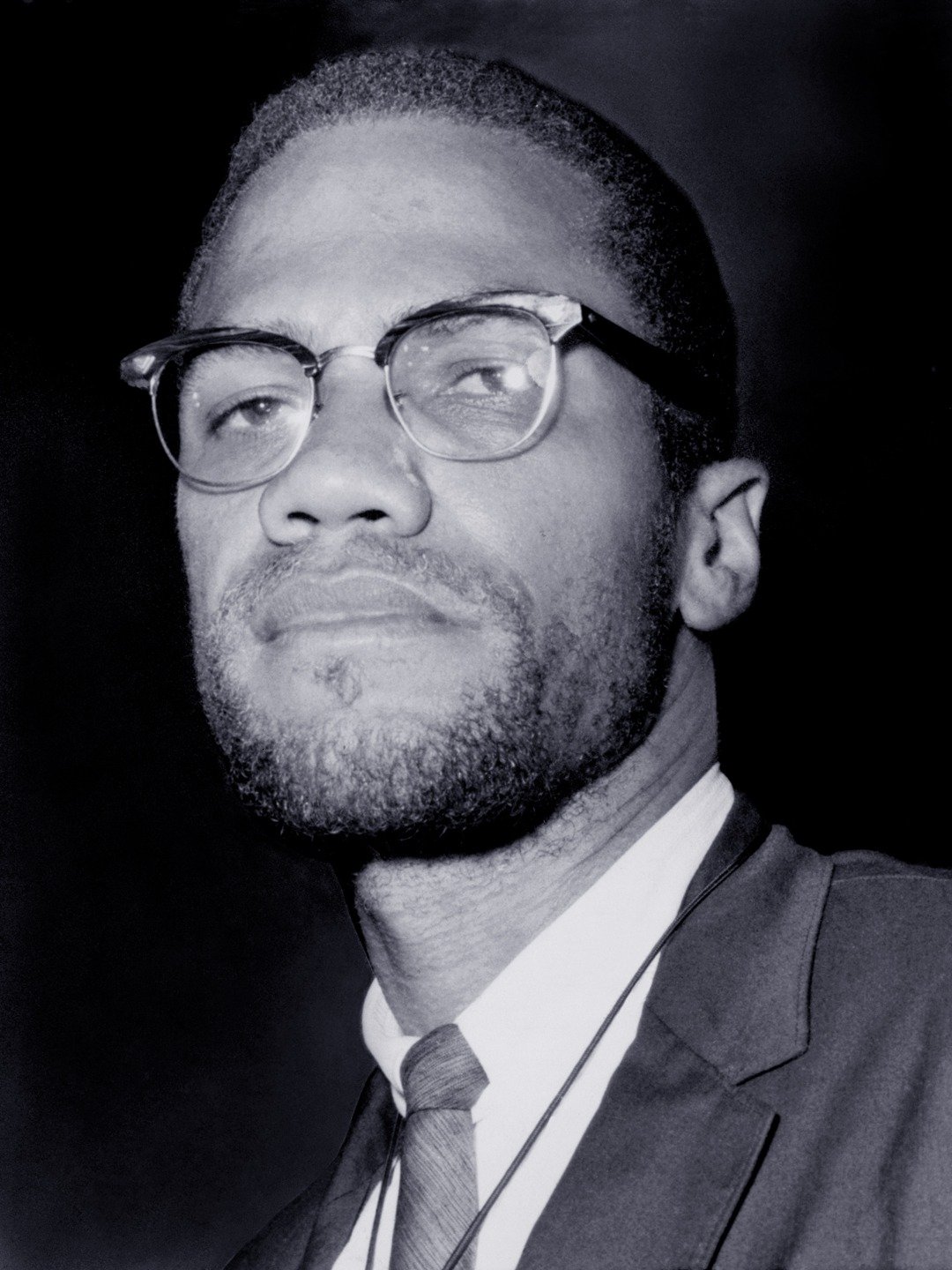
Born: May 19, 1925
Died: February 21, 1965
Malcolm X was an American Muslim minister and human rights activist who was a popular figure during the civil rights movement. He is best known for his time spent as a vocal spokesman for the Nation of Islam. Malcolm X condemned whites, whom he referred to as the "white devil," for the historical oppression of blacks. He argued for black power, black self-defense and black economic autonomy, and encouraged racial pride.
W.E.B. Du Bois
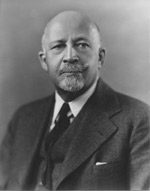
Born: February 23, 1868
Died: August 27, 1963
William Edward Burghardt Du Bois was an American sociologist, socialist, historian, civil rights activist, Pan-Africanist, author, writer and editor. In 1905, Du Bois was a founder and general secretary of the Niagara Movement, an African American protest group of scholars and professionals. Du Bois founded and edited the Moon (1906) and the Horizon (1907-1910) as organs for the Niagara Movement.